Best Timing for Concrete Steps Installation
Determining the optimal time for concrete steps installation involves considering weather conditions, temperature, and seasonal factors. Proper timing ensures the durability and stability of the concrete, reducing the risk of cracks, warping, or other issues. Generally, mild temperatures with low humidity are ideal for pouring and curing concrete, as extreme heat or cold can adversely affect the setting process.
Choose a period with moderate temperatures and low humidity to ensure optimal curing and strength development.
Concrete should not be poured when temperatures are expected to drop below freezing, as this can compromise the curing process.
Dry weather minimizes the risk of water evaporation and helps maintain proper hydration during curing.
Spring and early fall are typically the best times, offering stable weather conditions suitable for concrete work.
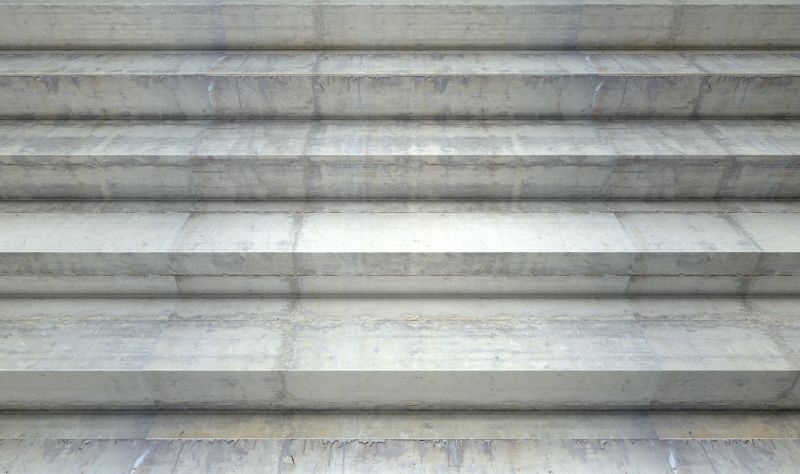
Ways to make Concrete Steps Installations work in tight or awkward layouts.
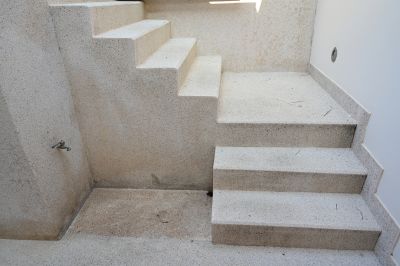
Popular materials for Concrete Steps Installations and why they hold up over time.
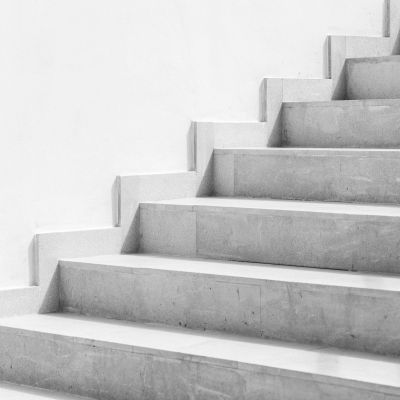
Simple add-ons that improve Concrete Steps Installations without blowing the budget.
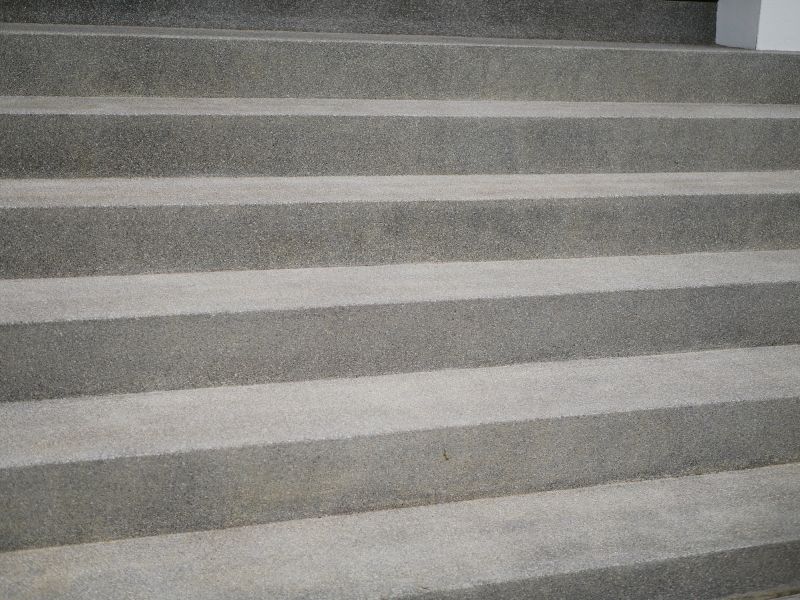
High-end options that actually feel worth it for Concrete Steps Installations.
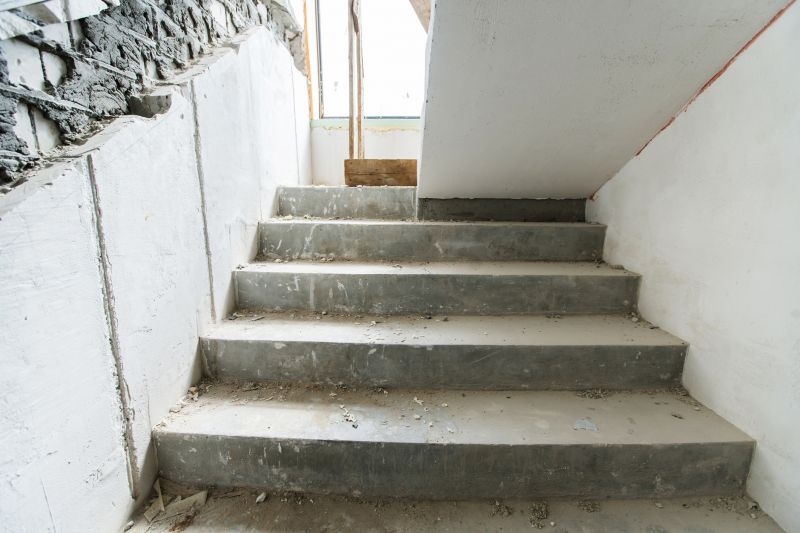
Finishes and colors that play nicely with Concrete Steps Installations.
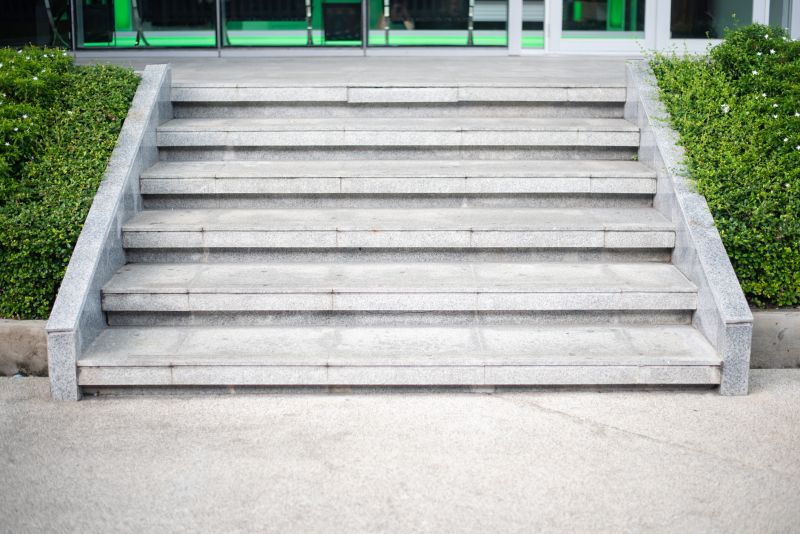
Little measurements that prevent headaches on Concrete Steps Installations day.
Concrete steps installation is a process that requires careful planning and execution to ensure longevity and safety. Proper timing allows the concrete to cure correctly, achieving maximum strength and durability. The curing process involves maintaining moisture and temperature conditions that prevent cracking and surface defects. Weather plays a crucial role, as excessive heat can cause rapid evaporation, while cold temperatures can hinder proper setting. Therefore, selecting the right season and weather window is essential for a successful installation.
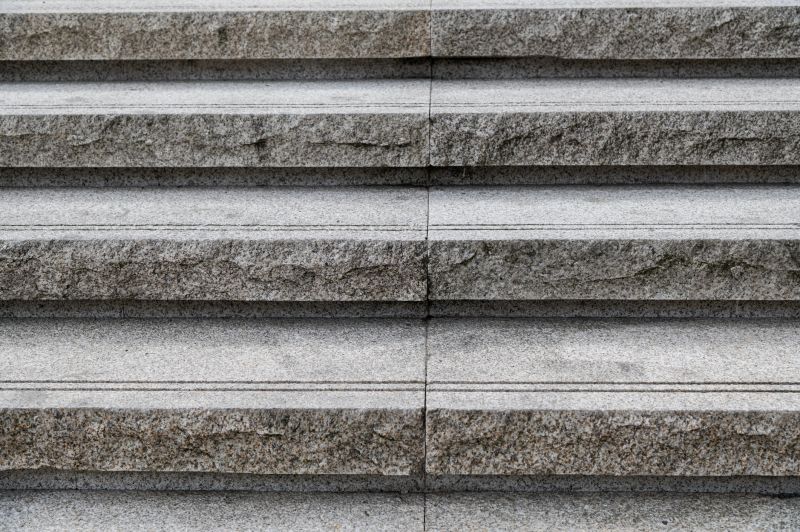
A 60-second routine that keeps Concrete Steps Installations looking new.
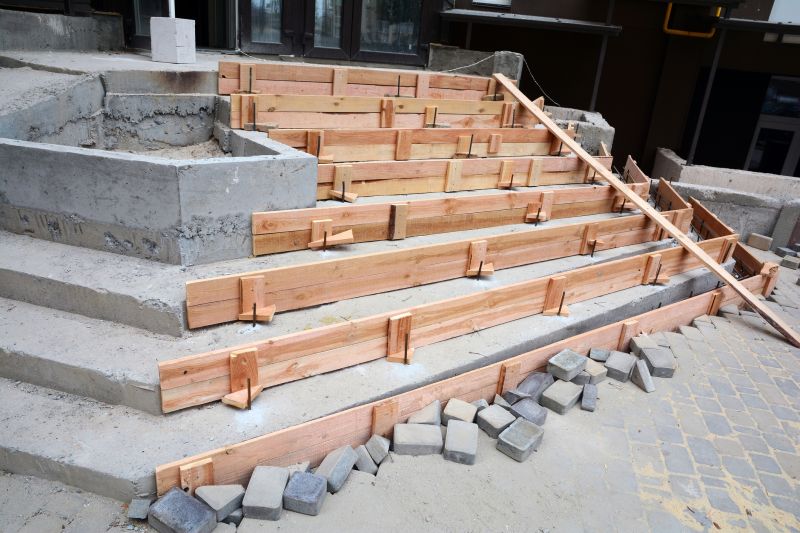
A frequent mistake in Concrete Steps Installations and how to dodge it.
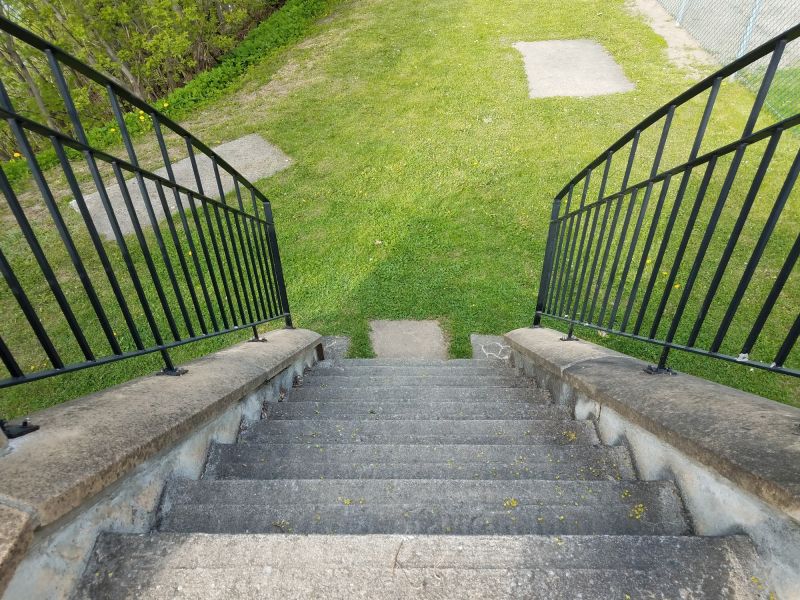
Small tweaks to make Concrete Steps Installations safer and easier to use.
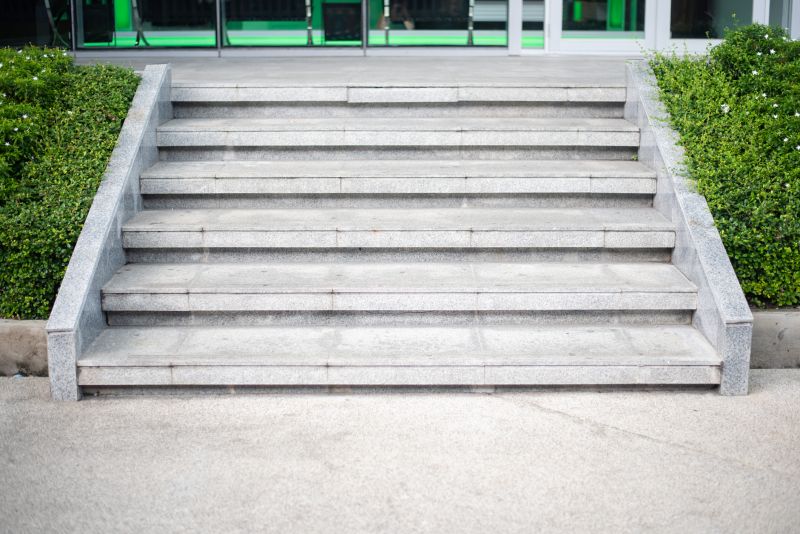
Lower-waste or water-saving choices for Concrete Steps Installations.
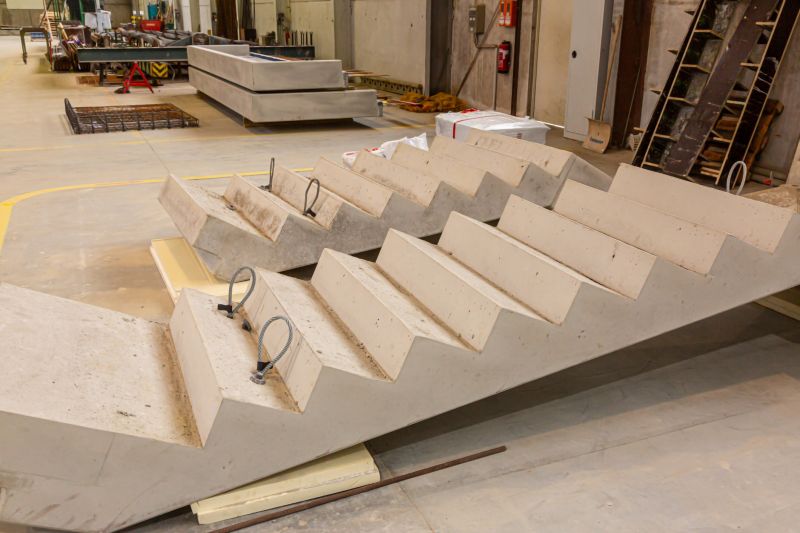
The short, realistic tool list for quality Concrete Steps Installations.
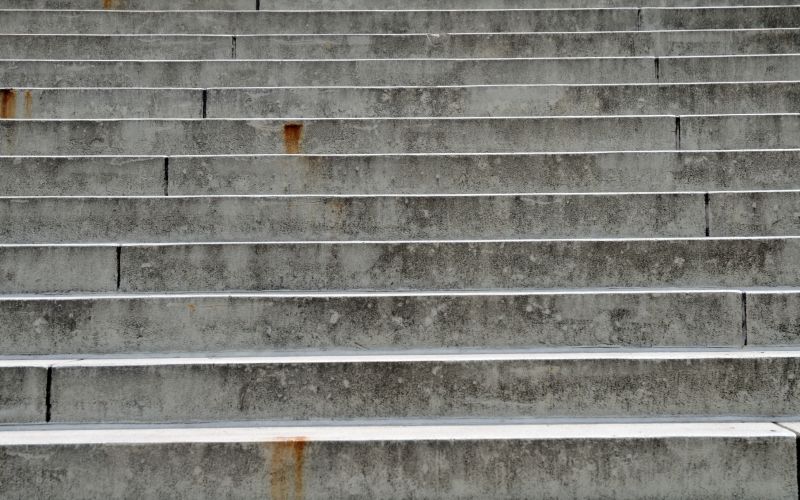
Rough timing from prep to clean-up for Concrete Steps Installations.
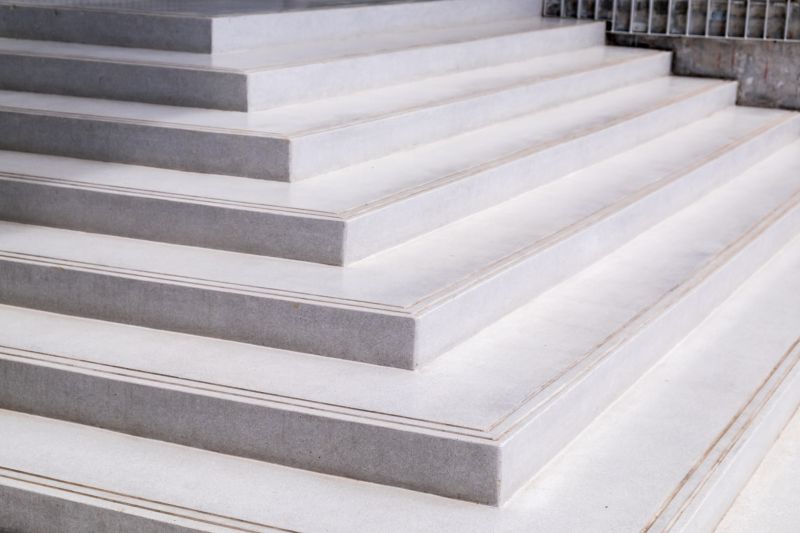
Quick checks and paperwork to keep after Concrete Steps Installations.
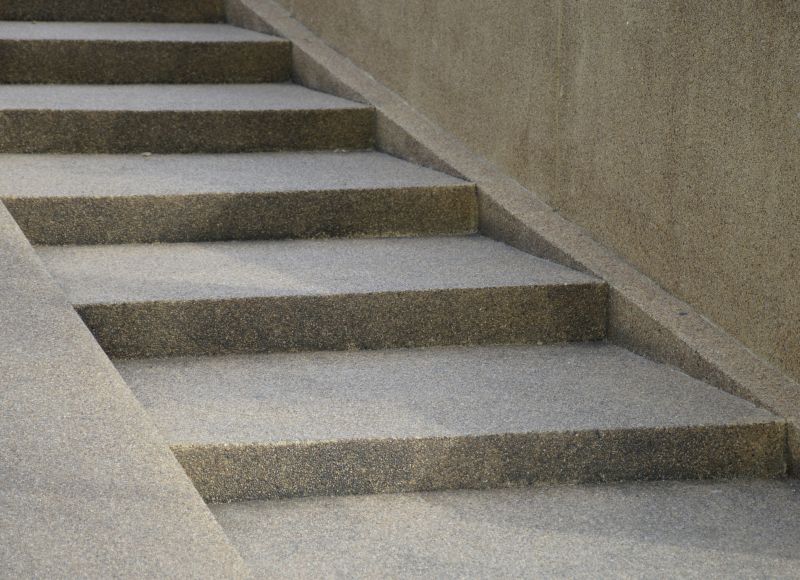
Examples that show the impact a good Concrete Steps Installations can make.
Scheduling concrete steps installation during favorable weather conditions maximizes the quality and lifespan of the finished product. It is advisable to avoid periods of heavy rain, extreme cold, or heat waves. Proper planning ensures that the concrete can cure under optimal conditions, reducing the likelihood of surface imperfections and structural issues. Consulting local weather forecasts and planning accordingly can lead to a more successful installation process.
| Season | Ideal Conditions |
|---|---|
| Spring | Moderate temperatures, low humidity, and dry days |
| Early Fall | Stable weather with mild temperatures |
| Late Summer | Early morning or late afternoon work to avoid heat |
| Late Fall | Avoid cold snaps and frost risk |
| Summer | Early morning or evening work to prevent heat stress |
Choosing the right time for concrete steps installation is essential for ensuring a durable and visually appealing result. Proper weather conditions support effective curing, which is critical for structural integrity. Planning ahead by monitoring weather forecasts and selecting optimal seasons can significantly improve the outcome of the project. If interested in scheduling or learning more about concrete steps installation, filling out the contact form is recommended.



